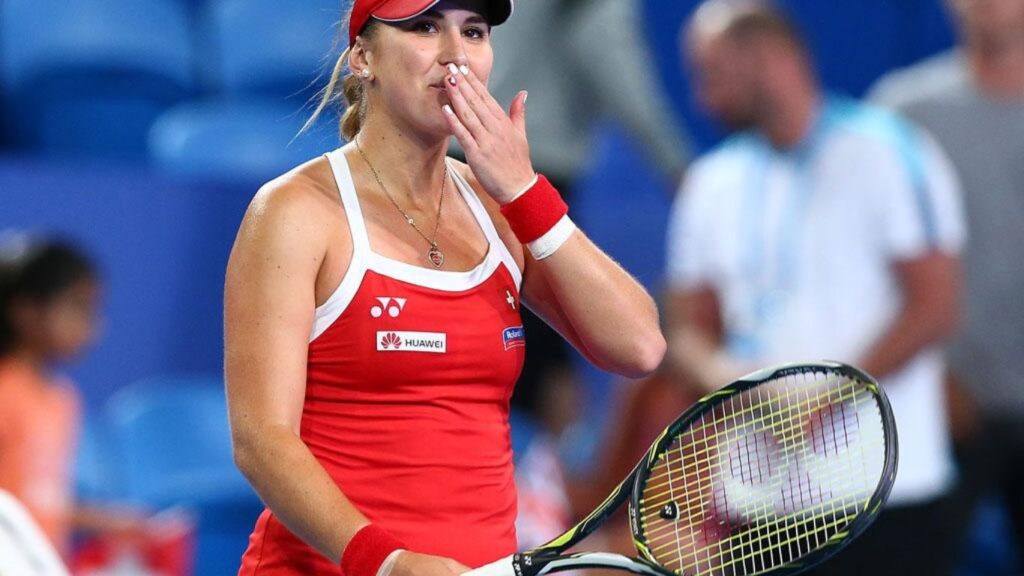The debate over whether athletes are overpaid is multifaceted and filled with emotional and economic arguments. It speaks to our values as a society and the way we respond to market forces and ignites conversations about fairness and compensation. This content covers the key arguments, context, ethical considerations, counterarguments, economic data, and specific case studies related to the debate.
Key Arguments For and Against Athletes Being Overpaid
For:
- Athletes’Athletes’ compensation seems disproportionate to the non-essential nature of sports entertainment.
- Their earnings dwarf those of essential workers, suggesting an imbalance in societal value.
- Millions are invested in athletes while other social and economic needs remain unmet.
Against:
- Salaries reflect athletes ‘ market value and the industry’s revenue.
- The rarity of athletic talent and the demand for it justify high compensation.
- Short career spans necessitate higher pay for a secure financial future.
Context and Background

- Economic Impact: The sports industry is a significant economic driver through sales, merchandise, and broadcasting rights.
- Sponsorship and Endorsements: These deals contribute to an athlete’s income based on personal branding and marketability.
- Revenue Inequality: The income distribution within sports is highly skewed, affecting lower-tier athletes.
- Societal Role: Sports can unify communities, promote health, and offer role models.
- Salary Structure Variances: Differences in athlete pay scales exist between sports, leagues, and genders.
Ethical Considerations
Income disparity, social value of work, and fair compensation are ethical aspects that underpin this debate, prompting questions about the equitable distribution of wealth and the recognition of societal contributions.
Counterarguments
- Sports serve a deeper societal function beyond mere entertainment.
- The free-market economy justifies the differences in pay scales among various professions.
- Athlete salaries are driven by demand and scarcity, not by a collective decision to misallocate resources.
Economic Data

For:
- NBER reports show athlete salary growth outpacing other professions.
- General GDP contributions from sports don’t necessarily equate to equitable profit-sharing.
Against:
- Forbes data emphasizes athletes’athletes’ contributions to economic growth within their industry.
- The necessity for financial security justifies high compensation within the brief career timelines of athletes.
Case Studies
- Cristiano Ronaldo’s Transfer: Juventus’s stock value increased due to Ronaldo’s signing, demonstrating how one athlete can significantly impact a club’s economic status.
- NBA Model: The salary cap and revenue sharing exemplify a balance between player earnings and league profits.
- U.S. Women’s National Soccer Team: Their push for pay equality brought attention to the wider issue of gender-based pay disparities and their broader societal implications.
The conversation about whether or not athletes are overpaid is complex and robust, with merit in arguments on either side. The ethical challenges posed by the debate, coupled with the varied economic implications, demonstrate that the issue is not just about the sports industry but also about societal values and the perception of worth in the larger marketplace.









